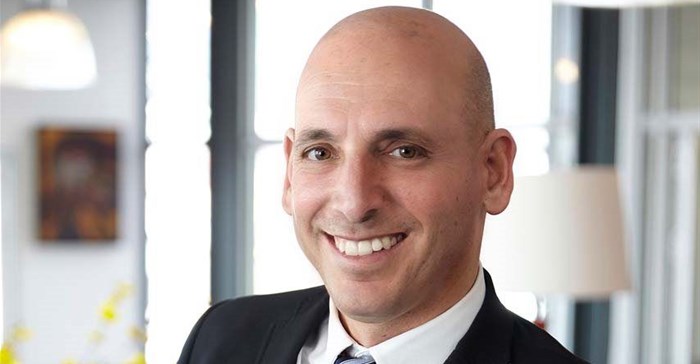
“The global shock caused by this pandemic will take its toll and local businesses can expect a more gun-shy consumer. This will add pressure to already shaky businesses which now depend on robust spending if they hope to make up their losses of the last two months. In addition, no one knows how this virus will behave and we could move back from level 4 to level 5 should the virus get away from us,” Gary Palmer, CEO of Paragon Lending Solutions,, says.
He adds that companies looking for a government or institutional silver bullet should not get their hopes up.
Looking at the immediate funding space, Palmer says government help, although very welcome, will not be sufficient to satisfy businesses’ needs.
“This is a tricky time for local business. The new funds will be over-subscribed and not everyone will qualify. Companies looking for working capital will naturally turn to their banks for additional credit, or they may look for payment holidays to keep some of their repayments back as working capital,” says Palmer.
Some businesses are saying they are counting on impressing the banks with their operational and financial prudence during this time by continuing to service the interest repayment on their bonds in hopes of favourable lending outcomes later on.
“Some companies think that by running a tight ship, holding back on shareholder dividends and cutting executive salaries will score points in the eyes of their bankers later on. While this may help clients after the coronavirus pandemic, it cannot be guaranteed. Business owners should, however, be communicating frequently, openly and transparently with their bankers.”
Unsurprisingly, the property market, already sensitive to market volatility, will of course reflect the somber consumer mindset as well as the pressures of local businesses.
“Regardless of the interest rate drops, we can expect the local residential market to fall. From a commercial perspective, we could see values drop between 20 to 40 percent with yields moving to reflect the additional risk in the market. Empty spaces and rent reductions will take their toll, forcing owners to sign up new tenants at lower rates, reducing their operating income,” Palmer says.
Some of the larger institutions report that some investors, seeing the effects of Covid-19, are already dipping a toe into the property market. Palmer warns this may be an overly bold move.
“There is no point in trying to pick the bottom. We believe investors should rather wait for the fundamentals to improve. Even if you lose out on a 10% increase from the bottom, at least you know the markets are moving in your favour. This is why we are advising clients to sit on their hands for now, keep their powder dry and move with confidence when we can see meaningful evidence of an upswing in the market indicators.”
The downswing can’t last forever and there will be an inevitable rebound, but Palmer believes this may only materialise in 2022, especially since the economy was already in a downward slide before the virus.
“The property market, like the greater economy, will see better days. But it will take at least 18 months to two years before we return to some sense of normalcy. That is, of course, if we don’t take a further, and more significant, knock from a second or even third wave of the virus. For now, those who have money to invest should practice some masterful inaction. Now is not the time to charge into an uncertain market half-cocked.”